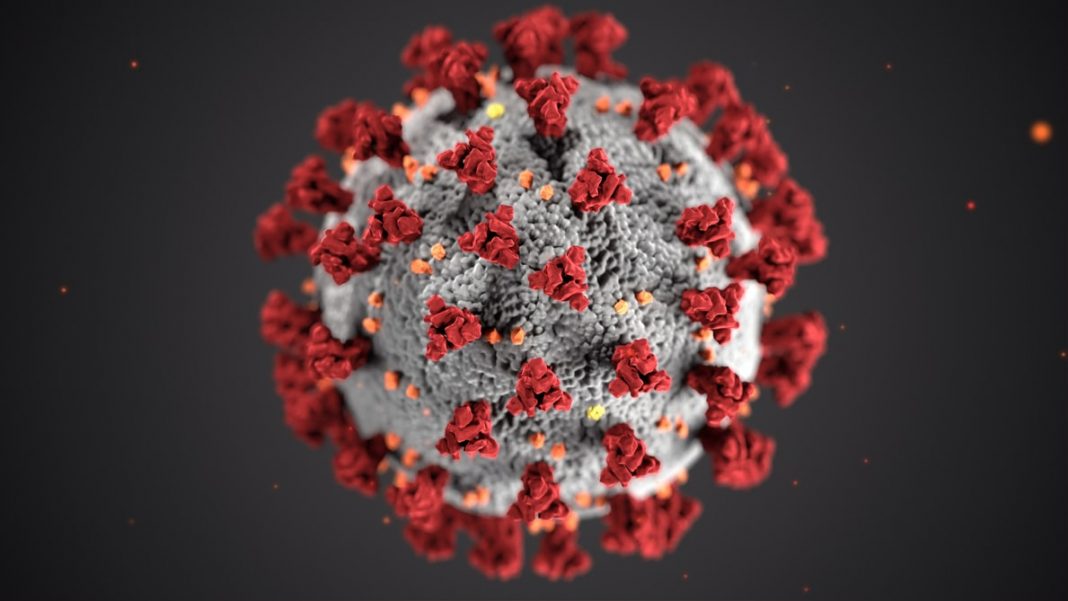Republican State Representatives Sandy Salmon, Jeff Shipley, Anne Osmundson, Jon Jacobsen, Eddie Andrews and Mark Cisneros have introduced House File 2270 in an effort to reform emergency powers in Iowa.
Current law provides a state of disaster emergency shall not continue for 30 days unless sooner terminated or extended by the Governor of Iowa. And, that the legislature, by concurrent resolution when in session or through the legislative council by majority vote if not in session, may rescind the proclamation.
Under the proposed law, a state of disaster emergency shall continue for 30 days unless sooner rescinded, extended or amended by the legislature — not the governor — and that any initial extension of the proclamation by the general assembly shall not exceed 60 days. Any subsequent extension shall not exceed 60-day increments.
Any rescission, extension or amendment by the legislature shall be effective upon the filing of the concurrent resolution or resolution of the legislative council with the Secretary of State.
The legislative council may, by majority vote, rescind, extend or amend this proclamation only once if the legislature is not in session and any extension shall not exceed 30 days. Any additional action may only be taken by the legislature after the one-time majority vote by the legislative council.
The bill also provides that a measure dictated in a state of disaster emergency proclamation must not do any of the following:
*Infringe on a fundamental constitutionally protected right unless the measure is justified by a compelling state interest, is narrowly tailored to achieve its specific purpose and is achieved by the least restrictive means possible;
*Restrict rights, interests or activities in a manner that is not neutral or generally applicable;
*Prohibit in-person interactions between religious leaders or individuals who are related by consanguinity or affinity with patients or residents of hospitals or health care facilities;
*Authorize the use of mobile, cellular or any other digital technologies to track or surveil persons without providing proper notice to and receiving consent from such persons;
*Authorize the use of any drones, unmanned aerial vehicles, advanced robotics or any artificial intelligence-based systems to enforce the proclamation;
*Restrict the practice of a person holding a valid license to practice health-related profession, or restrict the scope of service delivery of a hospital, clinic or health care professional if the person or entity is otherwise practicing within the scope of a valid license;
*Allow a health-related professional board to restrict the prescribing authority of a licensed health-related professional in a way that acts as a deterrent for a prescriber’s best professional judgment;
*Require identification and monitoring of persons who may be at risk of contracting a contagious or infectious disease by virtue of contact with a contagious person in a manner consistent with known or suspected modes of transmission, require a person to comply with such identification and monitoring efforts — including efforts that infringe on a person’s freedom of association, or establish, authorize or enforce penalties for a person’s refusal to participate in the identification and monitoring efforts.
The bill also amends the duties of the Department of Public Health relative to a public health disaster. The Department of Public Health may recommend, but not order, physical examinations, testing and the collection of specimens necessary for the diagnosis and treatment of individuals and may isolate only infected individuals who refuse medical examination or testing and who pose a danger to the public health. The Department may recommend, but not vaccinate or order that individuals be vaccinated against an infectious disease or to prevent the spread of communicable or potentially communicable disease. Vaccination shall not be recommended if it is reasonably likely to lead to serious harm to the affected individual.
The Department may isolate only infected individuals who are unable or unwilling to undergo vaccination. However, the bill provides a vaccination shall not be recommended for a person under this provision of the bill and that the Department shall not isolate an infected person who is unable or unwilling to undergo vaccination pursuant to the bill if either of the following applies:
*The person, or the person’s parent or legal guardian if a minor, submits to the Department a statement signed by a physician, advanced registered nurse practitioner or physician assistant who is licensed by the Board of Medicine, Board of Nursing or Board of Physician Assistants that the vaccination would be injurious to the health and well-being of the person or any member of the person’s family;
*The person, or the person’s parent or legal guardian if a minor, submits to the Department an affidavit signed by the person, or the person’s parent or legal guardian if a minor, stating that the vaccination conflicts with the sincerely held religious beliefs of the applicant.
The Department may recommend, but not treat or order, individuals infected with the disease receive treatment or prophylaxis. Treatment of prophylaxis shall not be recommended if the treatment or prophylaxis is reasonably likely to lead to serious harm to the affected individual.
The bill also amends provisions relating to the immunization of children to provide that if a child is exempt from vaccination, the exemption applies during times of emergency or epidemic and provides that the religious exemption is based on the sincerely held religious beliefs of the applicant, rather than based on a conflict with the tenets and practices of a recognized religious denomination of which the applicant is an adherent or member.

















